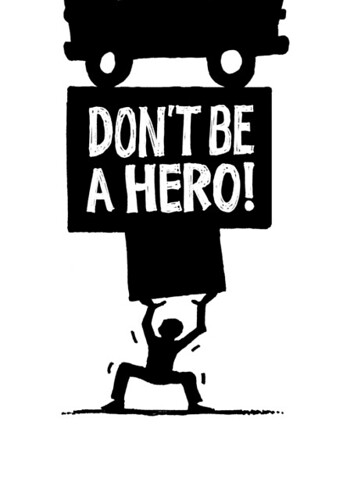Feeling motivated today with my new blog swagger look so I may even do a double post today. But for now with the ETC going on this weekend lets discuss how it is different than the standard tournament scene and why even if you you made a super team of all the best players in the world, why they may not win or even do all that great.
First and foremost the ESC (European Singles Championships) were held through the week this week and I am very proud of the Merican' boys! Congratulations to Andrew Gonyo for taking the Gold and Alan (pajamapants) Bajramovic (1/3 of my trios team this year) for taking Bronze. Tony Kopach came in 5th making three of Team USA in the top 5. Very impressive indeed. I have played against all three of these guys and they are extremely deserving of the prestige.
The differences that you see in an ETC team format stem from it's pairing system. Unlike a standard one on one tournament system the ETC teams are eight players strong and sometimes feature a non-playing coach to make the 9th member. Once teams are paired up the team either rolls off or draws a card and the lower scoring team has to put forward a member for the other team to pair against. STOP! before we go any further; this is where all the magic happens. Think about that; if a team loses that roll they have to choose one of their players that they feel can not lose (I'm not saying win here on purpose and you will see why later) to the entire other team. The low roll also chooses the table that pairing fights on. This continues on until all eight players are paired against each other. Lets look at how this system effects the game.

Lets first look at the lists; in the past the internet has looked at ETC lists and kinda tilted their head saying it is horrible and why would the person take this choice over that. Because of this unique pairing system list building is completely different as it forces the team to create lists that fill different roles. I like to look at these lists as falling into three categories; Defender, Attacker, and Hybrid. While the roles seem pretty straight forward it is the play style, list build, and pairing that is where the real challenge comes in. A defender is going to be used most of the time as a list that is put forward, realizing that they are going to receive the worst possible match-up the list style and play style must be to conserve as many points as possible and maybe even squeak out a minor win. Attack lists are made to be pure points machines your job is to get 20 points or 17 in a worst case scenario. Hybrid lists can, well, do either if the match-up favors them they should be going for big points while if it does not they can give up few. Just as an example; Brad Chester and his drop wolves are an attacker list, Greg Sparks and his Eldar/Dark Eldar is a defender list while something like Andrew Gonyo and his Tau are hybrid maybe a little heavier on the defender side. Looking at the reactions on the internet to the 6th edition lists are pretty funny though because in 6th ed. with the meta being so hard to pin down, and making a true all comers more difficult with each new book everyone seems to be heralding the lists. Don't read into that comment too much, I just find it interesting.

The next thing to look at is play style and team work. Show boaters, big egos, and risk takers need not apply at the ETC. With four hour rounds there are no excuses for errors and you absolutely have to be a team player. If your captain puts you forward and tells you I really need you to draw this and save as many points as possible you better not take a big risk and try to get some points. Sure, if it is completely safe and you can pickup a few points than go for, capitalize on your opponents mistakes but you are trying to win the round (all 4 games) not the individual game. It doesn't matter if you have never lost a tournament game yet in 2013, if your captain gives you a horrible matchup you need to suck it up and do what is best for the team even if it means hiding everything out of LoS and going to ground for 5 rounds. This is where the non-playing coach is extremely important. while they cannot tell give you game advice or tell you much else about happenings they can tell you how many points they need you to get or if you need to play safer or riskier. This is huge because if a big dice swing happens are you go 15-5 on a table you should have gone 20-0 or 18-2 than you need to take a couple risks to make up some points.



Interesting Bill, I didn't have much of a grasp of how EDC actually worked until now. Makes me wish there was something similar around here for team play.
ReplyDeleteYeah the format is pretty easy at its core but complex if you expect to be any good at it. I do not envy the captain at all who has to determine the match-ups.
ReplyDelete